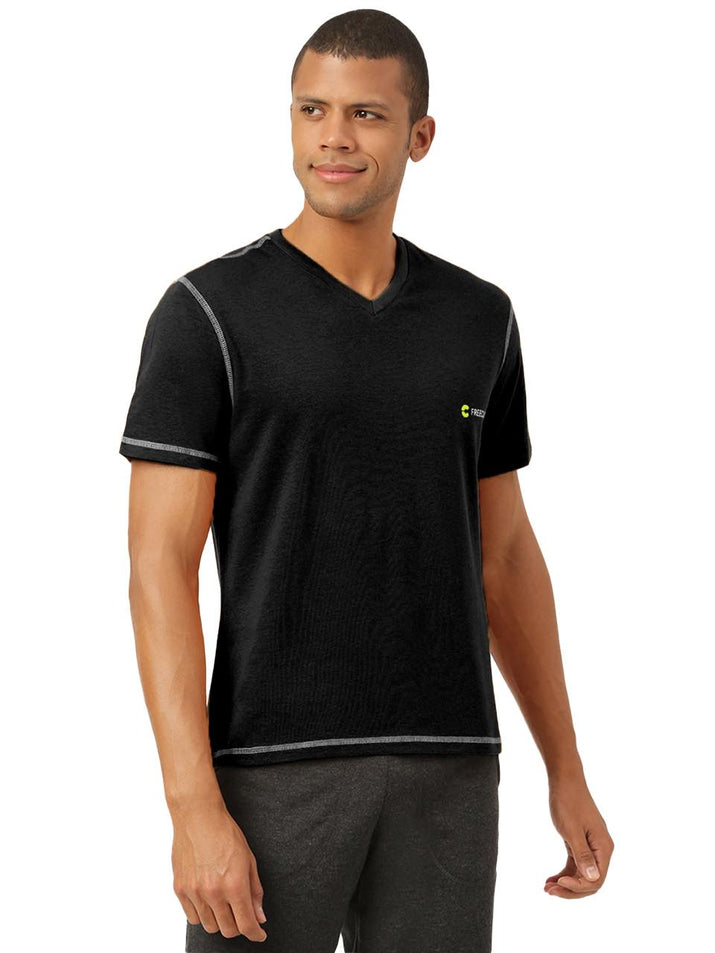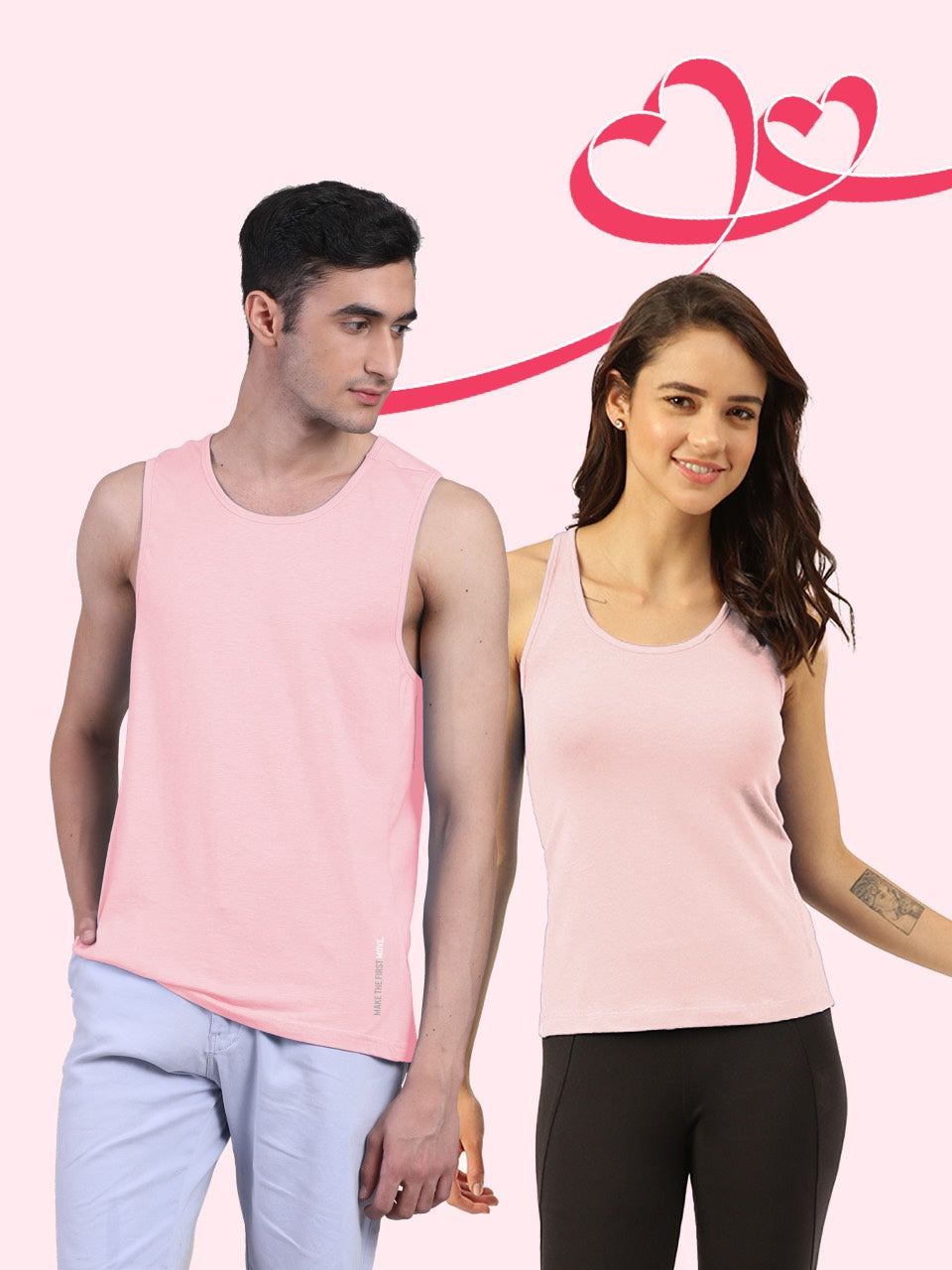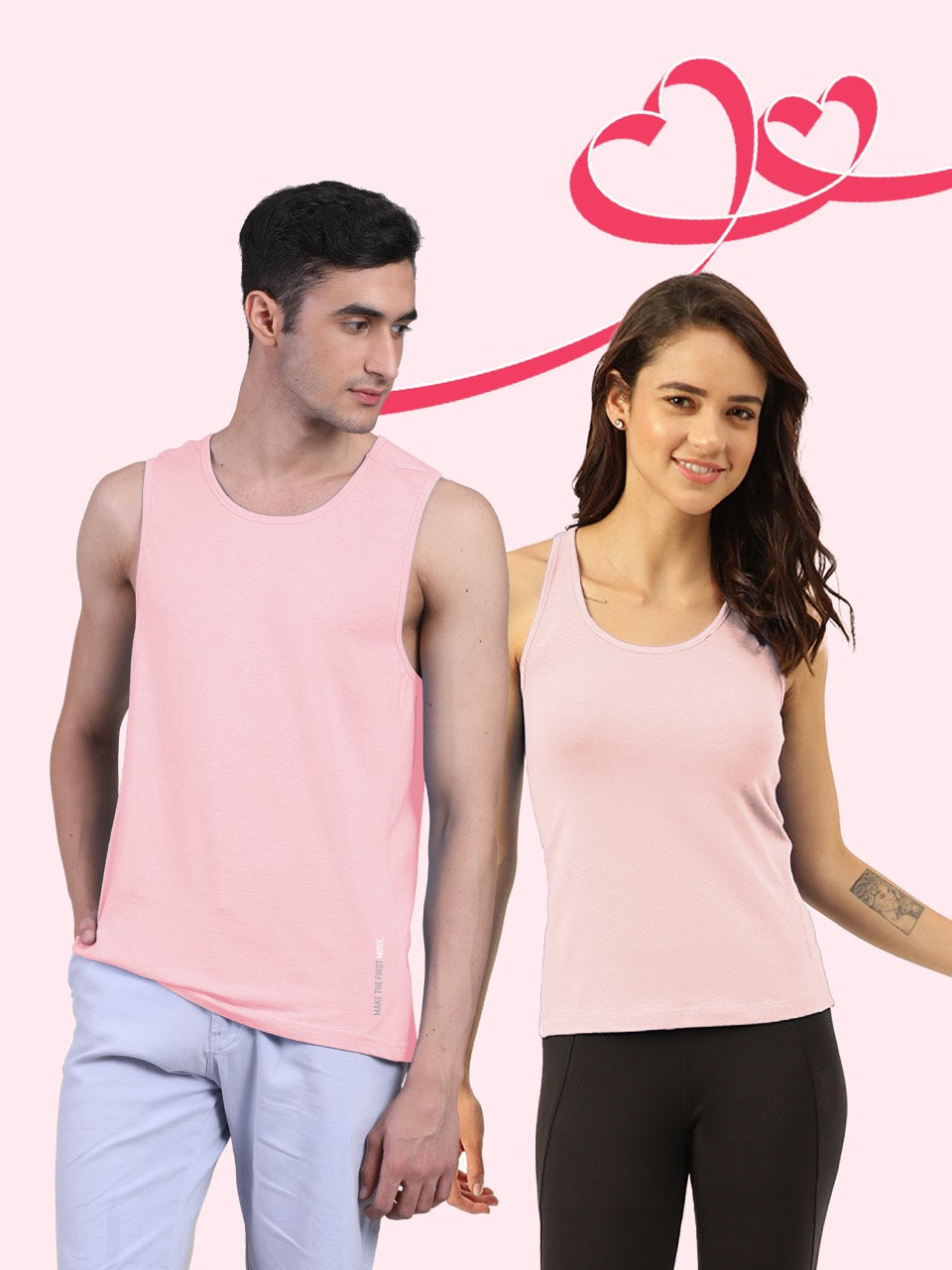The global apparel market is currently navigating a complex landscape, demanding both style and sustainability. Fast fashion's environmental impact has fueled consumer demand for eco-conscious alternatives. We'll explore how sustainable cotton, specifically GOTS-certified and recycled options, are revolutionizing t-shirt design and production. Beyond material choices, we’ll examine modern aesthetics that resonate with today’s consumers. This includes examining innovative printing techniques like water-based inks and exploring minimalist design principles that minimize waste. Ultimately, we aim to provide insights into crafting tees that meet ethical standards without compromising contemporary style.

Understanding Sustainable Cotton
Sustainable cotton is a type of cotton that is produced in a way that minimizes negative environmental and social impacts. This means using farming practices that reduce water consumption, eliminate or minimize the use of harmful pesticides and fertilizers. Ensure fair labor practices for farmers and workers. It's about growing cotton responsibly, from the field to the finished product.
Several certifications and standards exist to verify sustainable cotton. Some of the most well-known include:
- Organic Cotton: Grown without synthetic pesticides, herbicides, or genetically modified organisms (GMOs).
- Better Cotton Initiative (BCI): The largest cotton sustainability program globally, focusing on reducing the environmental and social impacts of cotton farming.
- Global Organic Textile Standard (GOTS): A textile processing standard that ensures the organic status of textiles, from harvesting of the raw materials, through environmentally and socially responsible manufacturing up to labeling.
Choosing sustainable cotton is crucial because conventional cotton farming can be incredibly resource-intensive and environmentally damaging. It often relies heavily on pesticides and fertilizers, which can pollute waterways and harm ecosystems. By opting for sustainable cotton, consumers can support more responsible farming practices and reduce their environmental footprint. Brands like Freecultre are committed to using sustainable cotton in their products, helping to make a positive impact on the planet.
The Environmental Impact of Conventional Cotton
Conventional cotton farming, while providing a widely used material, has significant environmental drawbacks. Understanding these issues is crucial for appreciating the value of sustainable alternatives. Here are some key areas of concern:
- Water Consumption: Cotton is a thirsty crop, requiring large amounts of water for irrigation, especially in arid regions. This can lead to water scarcity and depletion of vital resources.
- Pesticide Use: Conventional cotton farming often relies heavily on pesticides to control pests, which can contaminate soil, water. Air, posing risks to human health and biodiversity.
- Fertilizer Use: Synthetic fertilizers are used to boost cotton yields. They can also contribute to water pollution through runoff, leading to eutrophication and dead zones in aquatic ecosystems.
- Soil Degradation: Intensive cotton farming practices can deplete soil nutrients, leading to soil erosion and reduced soil fertility over time.
In contrast, sustainable cotton farming methods aim to minimize these negative impacts. For example, organic cotton farming relies on natural pest control methods and crop rotation to maintain soil health, while BCI promotes water efficiency and responsible pesticide use. These practices help to protect the environment and ensure the long-term viability of cotton production. By choosing brands like Freecultre that prioritize sustainable cotton, you're supporting a more environmentally friendly approach to clothing production.
Modern T-Shirt Styles and Trends
The humble t-shirt has evolved from a basic undergarment to a versatile and stylish wardrobe staple. Modern t-shirt styles cater to diverse tastes and preferences, offering a wide range of options for expressing personal style. Here's a look at some popular trends:
- Oversized Tees: Relaxed and comfortable, oversized tees are a popular choice for casual wear, offering a laid-back and effortless look.
- Graphic Tees: Featuring bold prints, slogans, or artwork, graphic tees allow you to showcase your personality and interests.
- Vintage-Inspired Tees: Paying homage to classic designs, vintage-inspired tees often feature distressed details, retro fonts. Iconic imagery.
- Minimalist Tees: Simple and understated, minimalist tees focus on clean lines, neutral colors. Subtle details, offering a timeless and versatile option.
- Performance Tees: Made from moisture-wicking and breathable fabrics, performance tees are designed for workouts and active pursuits, providing comfort and functionality.
Beyond style, comfort is a top priority for modern t-shirt wearers. Fabrics like sustainable cotton, known for their softness and breathability, are increasingly popular. Freecultre's t-shirts are designed with both style and comfort in mind, using high-quality, sustainable materials to ensure a great fit and feel.
The Benefits of Sustainable Cotton T-Shirts
Choosing sustainable cotton t-shirts offers a multitude of benefits, both for the environment and for your personal well-being. Here's a closer look at the advantages:
- Environmental Protection: Sustainable cotton farming practices reduce water consumption, minimize pesticide and fertilizer use. Promote soil health, helping to protect ecosystems and conserve natural resources.
- Skin-Friendly: Organic cotton, in particular, is gentle on the skin, as it's free from harsh chemicals and irritants, making it a great choice for people with sensitive skin or allergies.
- Durability: High-quality sustainable cotton is often more durable than conventionally grown cotton, as the fibers are less likely to be damaged by harsh chemicals during processing.
- Comfort: Sustainable cotton is known for its softness and breathability, providing superior comfort compared to synthetic fabrics.
- Ethical Production: Sustainable cotton standards often include fair labor practices, ensuring that farmers and workers are treated with respect and receive fair wages.
By choosing sustainable cotton t-shirts, you're making a conscious decision to support responsible and ethical production practices. Brands like Freecultre are committed to providing stylish and comfortable t-shirts made from sustainable cotton, allowing you to look good and feel good about your purchase.
How to Identify Sustainable Cotton
With an increasing number of brands claiming to use sustainable cotton, it's crucial to know how to verify these claims and make informed purchasing decisions. Here are some tips for identifying sustainable cotton:
- Look for Certifications: Check for certifications like GOTS, BCI, or Organic Cotton on the product label or website. These certifications indicate that the cotton has been verified by a third-party organization.
- Read the Product Description: Pay attention to the product description and look for details about the cotton's origin and production methods. Brands that are committed to sustainability will often provide detailed data about their sourcing practices.
- Check the Brand's Website: Visit the brand's website to learn more about their sustainability initiatives and commitments. Look for details about their sourcing policies, environmental impact. Social responsibility efforts.
- Ask Questions: If you're unsure about a product's sustainability, don't hesitate to contact the brand and ask questions about their cotton sourcing practices.
By doing your research and looking for certifications, you can ensure that you're buying authentic sustainable cotton products. Freecultre is transparent about its cotton sourcing and provides detailed data about its sustainability initiatives on its website. You can easily find t-shirts made with certified organic cotton, allowing you to shop with confidence.
Freecultre: Fashion and Comfort with a Conscience
Freecultre is a brand that seamlessly blends style, comfort. Sustainability. We believe that fashion should not come at the expense of the environment or human well-being. That's why we're committed to using sustainable cotton in our t-shirts and other apparel.
Our commitment to sustainability extends beyond just the materials we use. We also prioritize ethical production practices, ensuring that our garments are made in safe and fair working conditions. We work closely with our suppliers to ensure that they share our values and adhere to our strict standards.
When you choose Freecultre, you're not just buying a t-shirt; you're supporting a movement towards more responsible and sustainable fashion. You're choosing a brand that cares about the planet and the people who make our clothes. You're choosing style, fashion and comfort with a conscience.
We invite you to explore our collection of sustainable cotton t-shirts and experience the difference for yourself. Discover the perfect blend of style, comfort. Sustainability with Freecultre.
Caring for Your Sustainable Cotton T-Shirts
To ensure that your sustainable cotton t-shirts last longer and retain their quality, it's crucial to care for them properly. Here are some tips for washing and maintaining your t-shirts:
- Wash in Cold Water: Washing your t-shirts in cold water helps to prevent fading and shrinkage, while also conserving energy.
- Use a Gentle Detergent: Harsh detergents can damage the fibers of sustainable cotton, so it's best to use a gentle, eco-friendly detergent.
- Turn Inside Out: Turning your t-shirts inside out before washing helps to protect the print and prevent fading.
- Avoid Over-Drying: Over-drying can cause shrinkage and damage the fibers of your t-shirts. It's best to air dry them or use a low heat setting in the dryer.
- Iron on Low Heat: If you need to iron your t-shirts, use a low heat setting and avoid ironing directly over prints or embellishments.
By following these simple care tips, you can extend the life of your sustainable cotton t-shirts and keep them looking their best for years to come. And remember, choosing high-quality, durable t-shirts from brands like Freecultre is a great way to reduce textile waste and contribute to a more sustainable future.
Conclusion
Let's consider this your success blueprint for navigating the world of sustainable cotton tees and modern style. We've uncovered the importance of choosing ethically sourced cotton, the versatility of a well-designed tee. The power of expressing yourself through conscious fashion. The crucial success factor is understanding your own style and seeking brands, like Freeculture, that align with your values and aesthetic, offering a unique blend of comfort and cultural expression, as seen in their edge over traditional brands here. The next step involves curating a capsule wardrobe of tees that can be dressed up or down, maximizing their utility and minimizing your environmental footprint. Think beyond basic white; explore textures, colors. Unique graphic designs. Remember, a sustainable tee is not a compromise. An upgrade. It’s a statement about your commitment to a better future, without sacrificing style. Embrace the journey, experiment with different looks. Let your tee tell your story.More Articles
What Makes Freeculture More Than Just Another Clothing BrandMinimal, Stylish. Bold: Why Freeculture is a Game-Changer in Everyday Fashion
Comfort Meets Culture: How Freeculture Redefines Basics Better Than Competitors
Not Just Another T-Shirt Brand: Why Freeculture is the Future of Innerwear
FAQs
So, what's the big deal with 'sustainable cotton' anyway? Why should I care?
Okay, good question! , regular cotton farming can be pretty harsh on the environment. Think pesticides, tons of water. Soil degradation. Sustainable cotton, like the kind Freecultre uses, is grown with methods that minimize that impact. Less water, fewer nasty chemicals. Healthier soil? That's a win for everyone (including the planet!). Plus, it often means the farmers are treated better too.
Freecultre talks about 'modern style' with their tees. What does that even mean? Are we talking avant-garde runway looks?
Haha, definitely not avant-garde runway! Think more along the lines of effortlessly cool and versatile. Freecultre focuses on timeless designs, flattering cuts. Maybe a subtle detail or two that makes their tees stand out. It's about looking put-together without trying too hard, you know? Clothes that fit well and can be dressed up or down.
Will these sustainable cotton tees from Freecultre shrink in the wash? That's my biggest fear!
Totally get that fear! Shrinkage is the enemy. Freecultre typically pre-shrinks their fabrics, so you shouldn't experience major shrinkage after washing. But, to be safe, always follow the care instructions on the label. Washing in cold water and air drying are your best bets for keeping your tee in its original shape and size.
I'm a bit picky about how my clothes feel. Is this sustainable cotton scratchy or stiff?
Nope, not at all! Sustainable cotton can be incredibly soft. Freecultre sources high-quality cotton that feels great against your skin. It's breathable and comfortable, perfect for everyday wear. Think of it as your favorite well-worn tee. Brand new.
Freecultre offers a lot of different styles, how do I pick the right tee for my body type?
That's a great question! Consider the fit. Slim fit tees are more fitted and hug the body, great for showing off your shape. Regular fit tees offer a more relaxed and comfortable feel. Oversized tees are trendy and perfect for a casual look. Also, pay attention to the neckline. Crewnecks are classic and versatile, while V-necks can be more flattering for certain body types. Check out Freecultre's size guide – it's your best friend!
Okay, I'm sold on the sustainable cotton and modern style thing. But are Freecultre's tees actually durable? Will they fall apart after a few washes?
Freecultre focuses on quality craftsmanship. The combination of durable, sustainably sourced cotton and attention to detail in construction means these tees are built to last. Of course, proper care is key (again, read those care instructions!). You should definitely get plenty of wear out of them. They're designed to be wardrobe staples, not disposable fashion.





